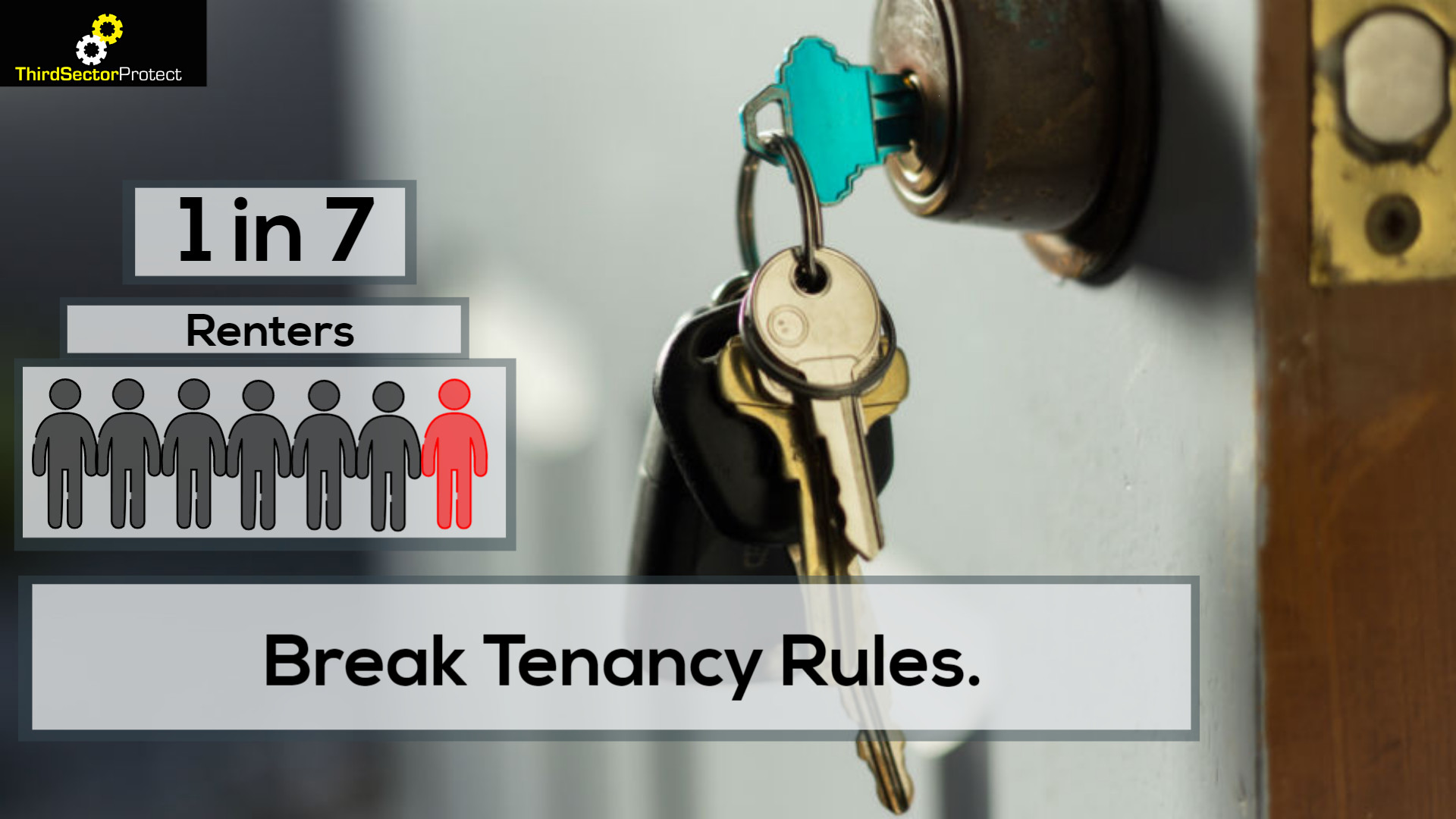
The F Word and Insurance……10 Years On
A lot has happened in the world since 2007 but it would seem some things never change. This post revisits an article we wrote a decade ago called “The F Word & Insurance” which looked at insurance fraud. Now, some 10 years on we look at how insurance fraud has changed and what impact it has on each and every one of us.
To begin with, it’s perhaps worth highlighting some of the key findings from the 2007 article:
- The average insurance premium was increased by £40 due to insurance fraud.
- 1 in 11 claims reported were thought to be fraudulent.
- 11% of adults (or 5 million people) admitted to committing some form of insurance fraud in the previous 12 months.
- Homeowners were less likely to commit fraud.
- Insurance fraud cost the UK insurance a massive £4 million a day.
So, what is the state of the UK insurance market in 2017 with regards to fraud? Well, according to the Association of British Insurers (ABI), fraud now adds an extra £50 to the annual insurance bill of every UK policyholder (up some 20% on the £40 quoted in 2007).
So what is insurance fraud?
Insurance fraud is when someone invents or exaggerates a claim, or does not tell the truth in order to obtain cheaper cover. It is a serious crime which can result in a criminal conviction and even imprisonment.
In 2014, insurers uncovered 130,000 fraudulent claims worth £1.32 billion across all insurance products. This is why insurers invest at least £200 million each year to identify fraud. Other key findings from the latest published ABI figures include:
- Dishonest motor insurance frauds were the most common and of highest value.
- Insurance fraud cost the industry £3.6 million a day compared to £4 million a day nearly a decade ago.
So what does this mean?
Reducing and deterring fraud remains a priority for the insurance industry. The fact that fraud costs have reduced by £0.4 million a day in less than a decade show that a lot of hard work has gone into identifying and reducing insurance fraud. More however still needs to be done.
What can you do to help reduce insurance fraud?
If you suspect someone of insurance fraud report them to the Insurance Fraud Bureau (IFB) Cheatline by calling 0800 422 0421 or by filling out a form on the IFB’s website.
Other ways business owners can help reduce the chances of falling victim to insurance fraud include:
- Installing camera’s in vehicles and in locations where slips & trips might occur. Slip and trip claims can be one of the most difficult fraudulent insurance scams for a company to fight in court. While some may consider security cameras an expensive investment, the upfront cost can often be offset by the money saved when arguing against a fraudulent insurance claim.
- Having anti-fraud and internal controls in place to prevent fleet fraud. A staged accident or injury claim by an employee can mean expensive payouts and increased insurance premiums, so it is essential that your business takes steps to prevent and detect employee fraud. Fleet management programmes that include a fleet safety policy are most successful at preventing fraud when they cover the following areas:
- Management commitment: Clearly define management’s role and commitment to preventing and detecting fraudulent claims. Most perpetrators of fraud engage in illegal conduct only when they perceive that they will not be caught.
- Written policies and procedures: All permitted and prohibited driver behaviour, along with proper procedures to follow in the event of an accident, should be clearly listed in a written policy.
- Driver agreements: Documenting a driver’s commitment to conform to all policies and procedures can help deter aberrant behaviour. If an organisation increases in its employees’ minds the perception that the illegal acts will be detected, it deters occupational fraud.
- Driving records checks: Verify that drivers have the proper entitlements to drive. Also, sometimes DVLA register records can be shared, with the consent of the driver, with organisations that show a demonstrable and relevant need for the information.
- Crash reporting and investigation: Conduct thorough investigations of each claim. Provide forms for employees to complete in the event of an accident.
- Vehicle selection, maintenance and inspection: Conduct regular inspections to demonstrate ’s commitment to preventing accidents and fleet fraud.
- Disciplinary action system: Make the serious repercussions of fraud clear, including legal action and termination. Adopting concealed internal controls may assist in detecting fraud, but it generally does not prevent it because employees are unaware of their presence and potential detective ability.
- Reward and incentive programme: Reward employees for good driving habits and lack of accidents and claims.
For any business operating vehicles under a fleet motor insurance policy, it is important to demonstrate to an insurer that adequate fleet procedures are in place to minimise costly risks—including occupational fraud.
As you can see, there are ways in which we can all help to reduce insurance fraud so for more information about controlling insurance costs, contact the professionals at NC Insurance today.






